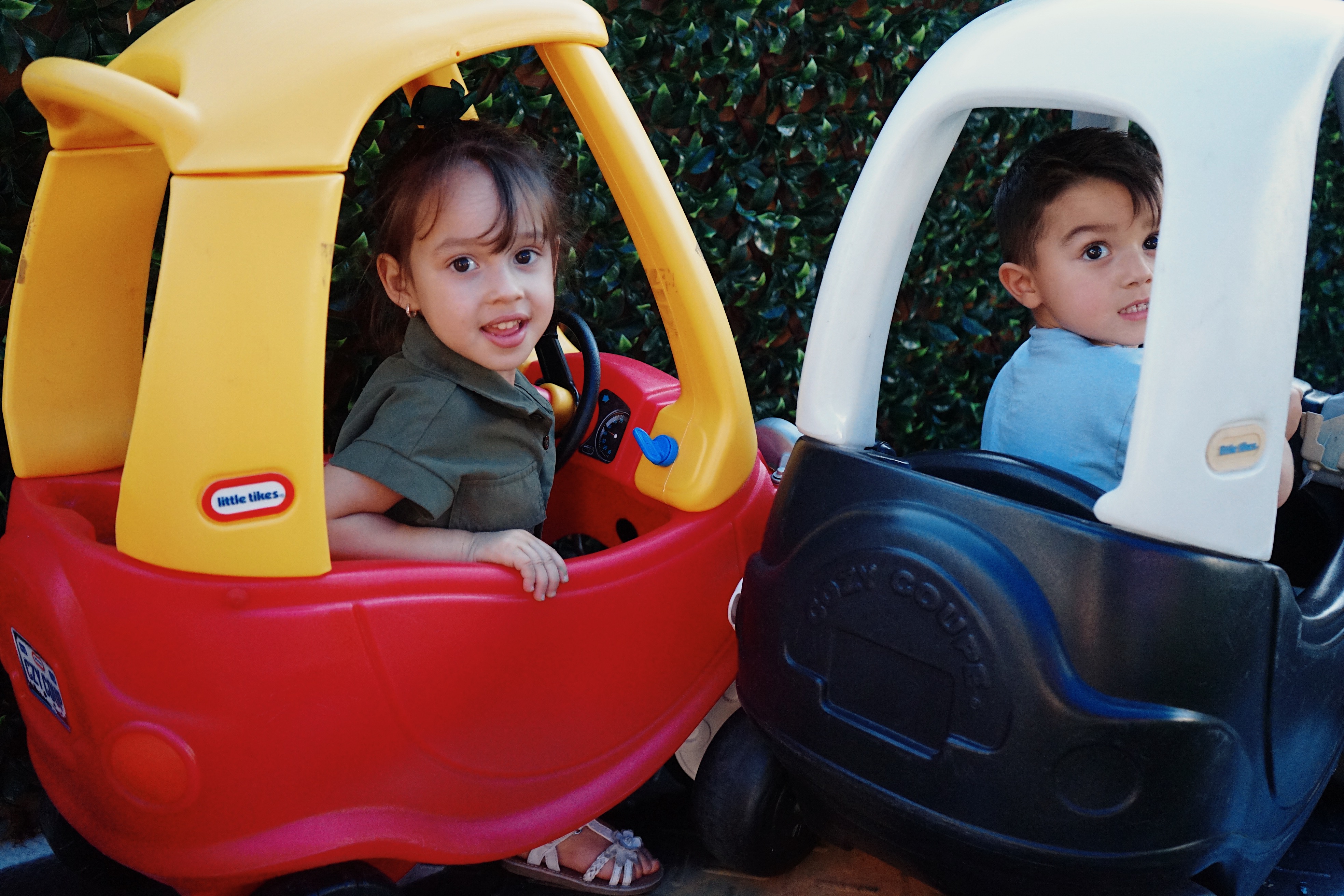
Building Strong Partnerships
Effective communication with parents is an essential component of providing high-quality childcare and supporting children's development. By establishing strong partnerships with parents, childcare providers at Hidden Treasures Childcare can create a collaborative environment that benefits the children, their families, and the childcare center as a whole. In this blog post, we will discuss the importance of effective communication, provide tips for building strong partnerships, share strategies for regular updates, and highlight the significance of parent involvement activities.
Importance of Effective Communication:
- Mutual Understanding: Effective communication fosters mutual understanding between parents and childcare providers. It allows both parties to share information, express concerns, and work together towards common goals, such as the child's growth and well-being.
- Trust and Support: By maintaining open lines of communication, childcare providers can establish trust and support with parents. This trust encourages parents to feel confident in their choice of childcare and allows providers to gain valuable insights into the child's needs and interests.
Tips for Effective Communication:
- Active Listening: Practice active listening when engaging with parents. Give them your undivided attention, maintain eye contact, and show empathy to truly understand their perspectives, concerns, and aspirations for their child.
- Clear and Respectful Language: Use clear and respectful language to ensure effective communication. Avoid jargon or technical terms, explain any unfamiliar concepts, and be mindful of cultural or language differences that may impact understanding.
- Two-Way Communication: Encourage parents to actively participate in conversations by asking for their input, thoughts, and questions. Create a welcoming environment that fosters open dialogue and acknowledges the importance of their opinions and experiences.
Strategies for Regular Updates:
- Daily Reports: Provide brief, personalized daily reports that highlight the child's activities, accomplishments, and any noteworthy events. Include information about meals, nap times, and toileting routines to keep parents informed.
- Newsletters or Blogs: Create regular newsletters or blog posts to share important updates, upcoming events, and relevant information about child development. Offer insights into the curriculum, learning goals, and upcoming themes to encourage parents' active involvement.
Parent Involvement Activities:
- Workshops and Seminars: Organize workshops and seminars on topics relevant to child development, parenting strategies, and early education. This provides parents with valuable information while allowing them to connect with other families in the community.
- Parent-Teacher Conferences: Conduct regular parent-teacher conferences to discuss the child's progress, strengths, and areas for improvement. These conferences offer opportunities to celebrate achievements, set goals, and collaborate on strategies for the child's growth.
- Family Events: Host family events such as picnics, field trips, or cultural celebrations. These events create a sense of community, foster positive relationships, and provide opportunities for parents to actively participate in their child's early learning experiences.
Conclusion:
Effective communication with parents is crucial for building strong partnerships and supporting children's development. By practicing active listening, using clear language, and engaging parents through regular updates and involvement activities, Hidden Treasures Childcare can create a collaborative relationship that benefits the child, their family, and the overall childcare environment. Remember, effective communication is a two-way street that requires continuous effort, understanding, and a shared commitment to the child's well-being and growth.
